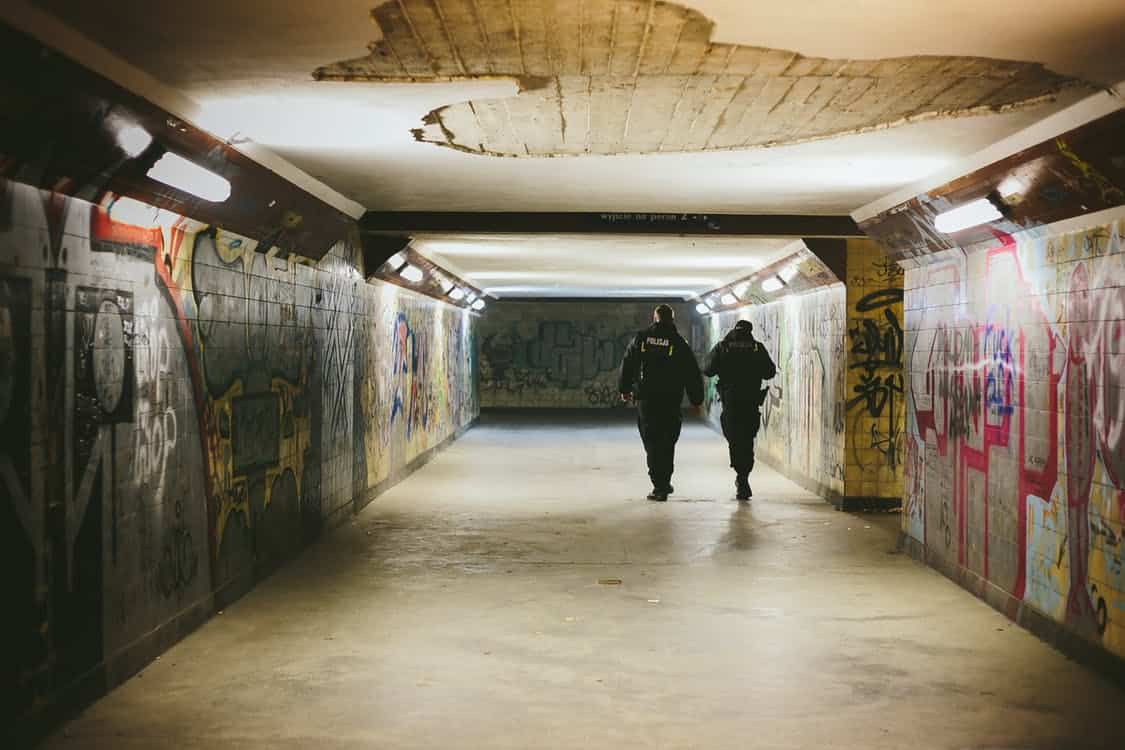Years ago, addiction was always viewed by the public, and presumably police officers, as the disease of miscreants and criminals. Few people had sympathy for addicts they encountered in the court systems or begging on the street; and arrests for addiction-related crimes were often predominantly taking place in poor neighborhoods, with the majority of those affected being people of color.
While the face of addiction has changed to include Americans from every background, poor neighborhoods today are still woefully in need of services, and state lawmakers across the country are brainstorming ways to provide addiction services to those in need.
On June 29, 2017, eight police volunteers graduated from the Worcester Program for Addiction Recovery, the first program of its kind in Massachusetts. The graduates are part of a partnership with local addiction specialists and the program was created to help in bridging the gap between police officers and individuals in need. These police officers will now be equipped to guide individuals struggling with addiction and their families to informational resources, clinical resources, and community support.
In communities across the United States, police officers are on the scene to administer Narcan in cases of overdoses. Often they are also the ones to arrest an addict for petty crimes such as theft or possession of an illicit substance.
Police officers have been challenged to make productive use of encounters with drug addicts and their loved ones. Today, they may shove a brochure on recovery of addicts before they’re picked up by loved ones or bring in a recovering addict to meet one-on-one with a person suspected of having a drug problem.
Police roles are changing not only because addiction is becoming more common; they’re also changing their approach to addicts because there’s simply not enough resources for addicts. They do it to save lives in places where the overdoses are frighteningly high and nearly everyone is touched by addiction.



Leave A Comment
You must be logged in to post a comment.